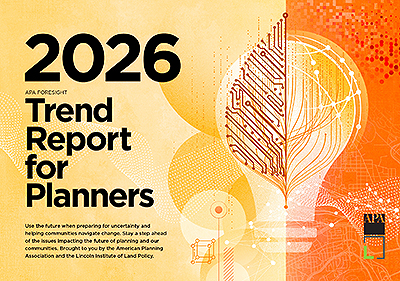Decolonizing the Future

About This Trend
Planners shape the future of communities. But different power dynamics can influence who has a say in that future and what the envisioned future might look like. If the plausible futures we imagine aren't developed through an inclusive approach, they won't lead to a truly equitable future.
Decolonizing the future creates safe spaces for historically marginalized worldviews and cultural identities, moves away from one dominant perspective, and encourages the imagination and co-creation of many possible futures that encompass all identities, values, experiences, and perspectives. This includes engaging with the people who will inhabit the future — the younger generations. By engaging with young people, we can empower and enable them to actively participate in shaping change.
The significance of involving younger generations in planning processes is becoming more recognized and valued. For instance, the C40 network is currently in its third iteration of the Students Reinventing Cities program. This initiative taps into the innovative ideas of young people across various cities, encouraging them to reimagine their future urban landscapes. In the U.S., Detroit won a 2023 APA National Planning Award for its focused approach to youth engagement, effectively integrating young voices with community leadership. Such inclusion of young people in planning not only enriches the planning process itself but also sparks greater interest in the profession among younger individuals, potentially leading to a stronger and more diverse future workforce in the planning sector.
Planners should be actively finding ways to engage diverse perspectives, including those of youth, in discussions about shaping the future of communities. Learn more about this concept in PAS QuickNotes 110, "Decolonizing the Future: An Inclusive Approach to Futures."





